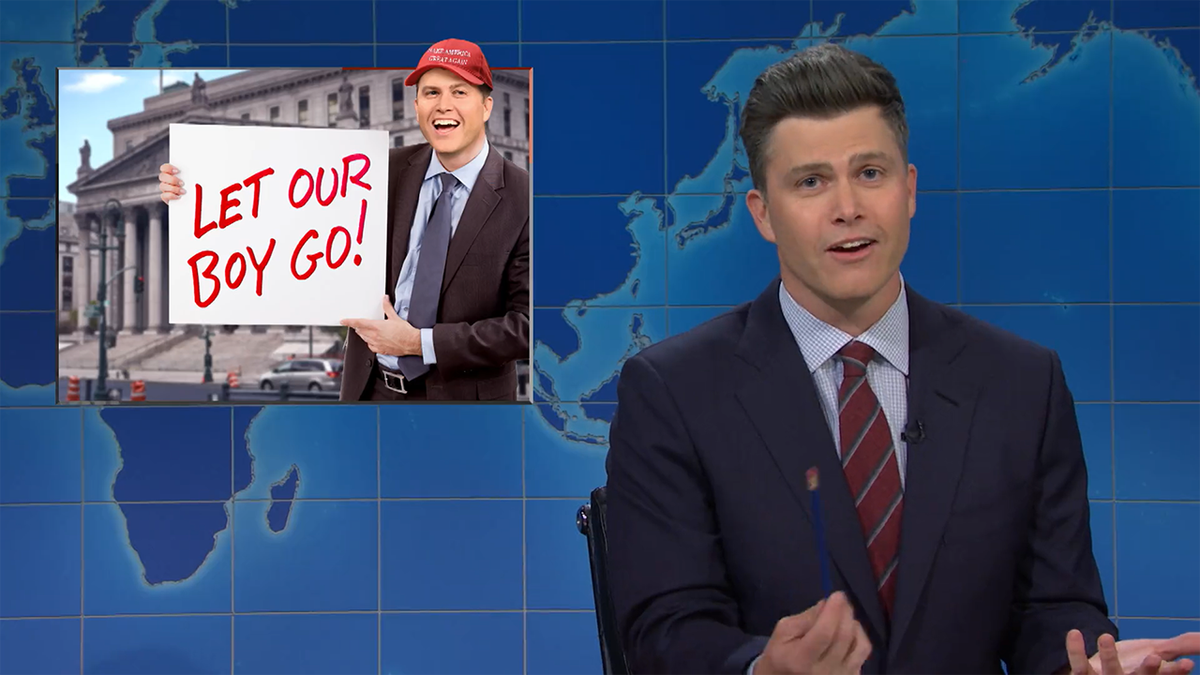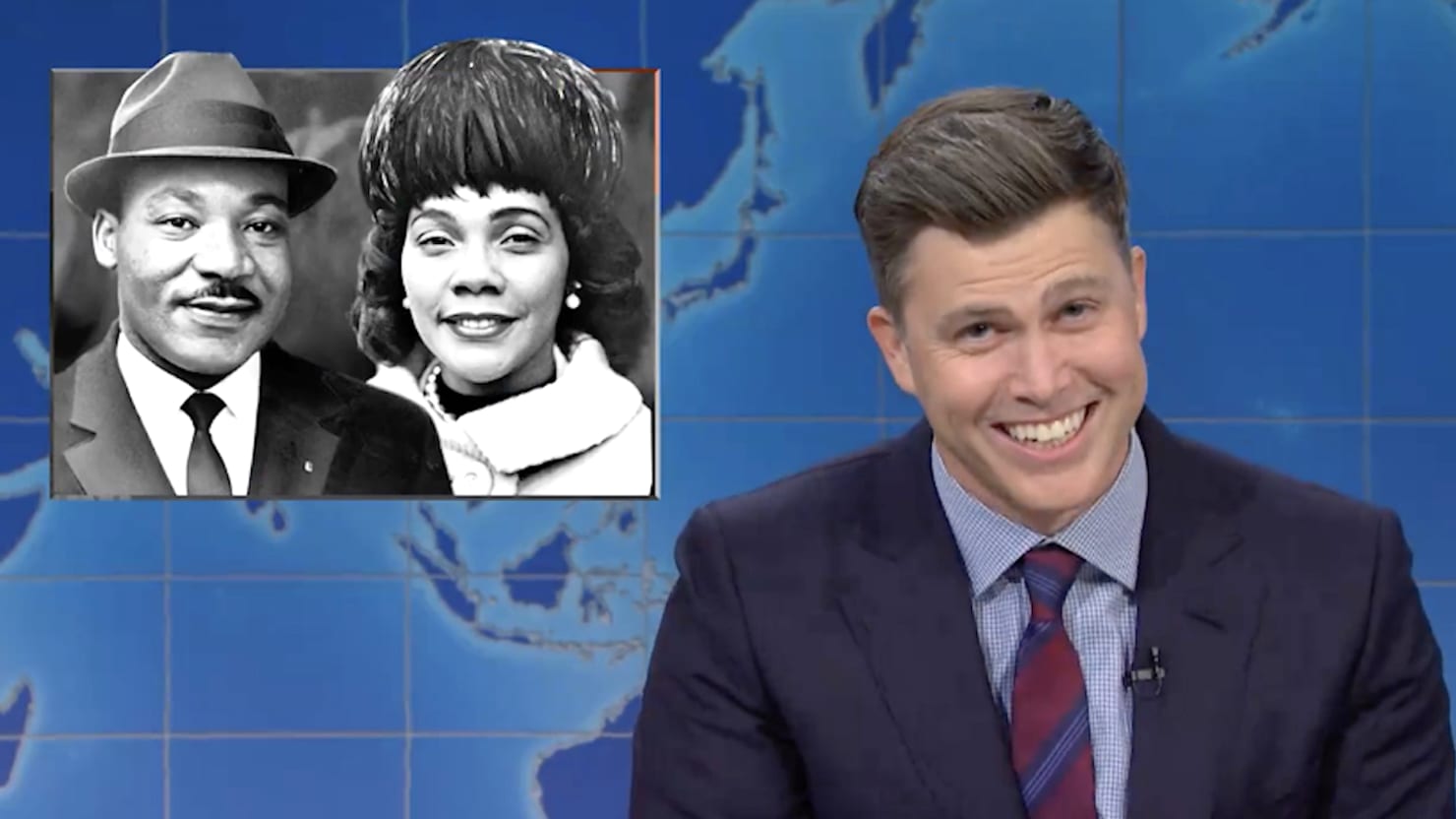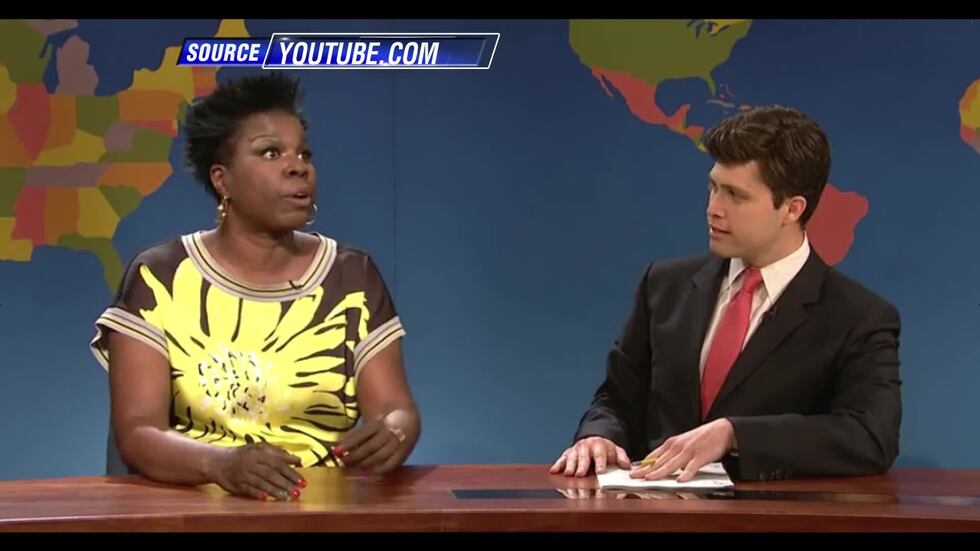Is comedy truly a safe space, or is it a battleground where the line between satire and offense is constantly blurred? The history of "Saturday Night Live" (SNL) offers a compelling, and often uncomfortable, case study, revealing how humor, especially in the realm of race and identity, can be both a source of laughter and a catalyst for controversy.
From iconic sketches to behind-the-scenes drama, the show has consistently pushed boundaries, sometimes with brilliant results, other times landing squarely in the crosshairs of criticism. The very nature of live television, with its inherent risk of missteps and the immediacy of audience reaction, has made SNL a fascinating lens through which to examine evolving social norms and the ever-shifting landscape of what is deemed acceptable in comedy.
| Aspect | Details |
|---|---|
| Show Title | Saturday Night Live (SNL) |
| Network | NBC |
| Genre | Sketch Comedy, Variety |
| Premiere Date | October 11, 1975 |
| Creator | Lorne Michaels |
| Notable Cast Members | Chevy Chase, John Belushi, Dan Aykroyd, Bill Murray, Eddie Murphy, Mike Myers, Tina Fey, Amy Poehler, Will Ferrell, Kristen Wiig, Kate McKinnon, Pete Davidson |
| Recurring Segments | Weekend Update, Celebrity Jeopardy!, Digital Shorts, Political Parodies |
| Controversies | Blackface sketches, jokes perceived as racist, sexist, or homophobic, casting decisions, accusations of going "too far" |
| Website | Official SNL Website |
One of the most enduring debates surrounding SNL revolves around its use of race as a comedic tool. Some argue that certain sketches, particularly those involving blackface or racial stereotypes, are simply artifacts of a different era, reflecting a time when sensitivities were less pronounced. They might point to the intended satirical purpose, suggesting that the humor was designed to expose prejudice or to highlight the absurdity of racist beliefs. Indeed, U/trapperjean, a Reddit user, expressed a similar view, stating, "\u201cI think blackface can be funny still as long as the butt of the joke is blackface itself.\u201d
- Bollywood Movies And Bollyflix Your Ultimate Guide To The World Of Indian Cinema
- Yupmovieme Your Ultimate Destination For Movie Streaming
However, this argument often clashes with the lived experiences of those who have been on the receiving end of such jokes. For many, the use of blackface, regardless of the intent, is inherently offensive, conjuring up painful historical associations with minstrel shows and the denigration of Black people. The very act of white performers darkening their skin to portray Black characters is seen as a form of cultural appropriation and a dismissal of the need for authentic representation.
The case of Shane Gillis further underscores this tension. In 2019, Lorne Michaels was reportedly furious after the comedian was fired before the season even began, due to the surfacing of racist and homophobic jokes. While some may argue for the comedian's right to free expression, the reaction highlights the growing intolerance for such humor in the public sphere. This incident is not isolated. Eddie Murphy, for instance, has spoken about the "cheap shots" he received, including a "racist" joke told by David Spade on SNL.
The "Weekend Update" segment, a staple of SNL, has often been a focal point of these debates. With anchors like Chevy Chase, Norm Macdonald, Colin Jost, and Michael Che, the segment provides a platform for topical humor, political commentary, and, occasionally, boundary-pushing jokes that test the limits of what is acceptable. The dynamic between Jost and Che, where they trade barbs that often lean into racial and misogynistic themes, has been a recurring feature, raising questions about whether the show is merely reflecting societal tensions or actively perpetuating them.
- Bollyflixcom Hd Your Ultimate Destination For Bollywood Entertainment
- Alexa Star The Rising Phenomenon Taking Over The Entertainment World
The show has a history of making jokes which haven't aged well. Dana Carvey's recent apology to Sharon Stone for a 1992 skit exemplifies this. In a similar vein, the shows embrace of impressionist humor, which has led to instances of blackface, with actors like Fred Armisen portraying Barack Obama, Darrell Hammond as Jesse Jackson, Jimmy Fallon as Chris Rock, and Billy Crystal as Sammy Davis Jr., has been subjected to intense criticism. The recurring use of such techniques sparks debate about the ethics of representation and the power of humor to both critique and reinforce existing stereotypes.
The defense of such humor often hinges on the idea of satire. The argument suggests that by exaggerating or lampooning racist tropes, the show is actually exposing their absurdity. For example, "South Park" has often used offensive language and stereotypes with the intent of critiquing prejudice. However, the line between satire and reinforcement is a thin one, and the impact of such humor can vary widely depending on the audience and the context. The fact that we dont get a laugh track, which is us being told we should think this racist joke is funny, is, in itself, a conscious choice and an attempt to have us confront the joke on our own terms.
Moreover, the content of the jokes themselves is often the source of controversy. Jokes that are gleeful about necrophilia, cannibalism, torture, violence, mutilation, and death are bound to face censure. Jokes that diminish, denigrate, and defame the basic human rights of various groups. Jokes which demean women, the LGBTQ community, and the physically impaired. All of these subjects are inherently fraught with potential for offense. Consider the list of "30+ of the best black jokes about black people" or "35+ of the best racist jokes" that circulate online. The very existence of such lists, often presented "no filter," underlines the tension between the desire for shock value and the potential for harm.
The fact that even the phrase "racist jokes" can be both a subject of condemnation and, in some circles, a source of amusement reveals the complexity of the issue. The act of joking about race, and even the use of racial slurs, can be seen in some quarters as liberating as a way of reclaiming language and challenging taboos. It can also, however, be seen as perpetuating harm and reinforcing prejudice.
The impact of these jokes also depends on the audience's own experiences and perspectives. When Leslie Jones made a joke about slavery on "Weekend Update" in 2014, she, as a Black woman, likely aimed to subvert a difficult subject. However, such a topic is laden with the history of systemic oppression and violence, and even the most well-intentioned joke runs the risk of causing offense. Similarly, Michael's racist Asian impression at the first Dundee Awards in "The Office" underscores the complicated interplay of intention and outcome in humor. We normally relate to the character, so when they do something racist it feels wrong.
Ultimately, the history of SNL offers a potent reminder that comedy, like any art form, is never divorced from its cultural context. What is considered acceptable today may not have been yesterday, and what is funny to one person may be deeply offensive to another. The shows legacy will continue to be debated, with each generation re-evaluating its comedic choices. The ongoing controversy surrounding SNL is evidence of a constant negotiation between artistic freedom, social responsibility, and the changing nature of what is considered appropriate in the ever-evolving landscape of humor. And in the words of the comedian, "I'm not racist, I'm not racist, but you look great today."
- Bollyflex Download Movie Your Ultimate Guide To Bollywood Entertainment
- Yupmovieme Your Ultimate Destination For Movie Streaming


